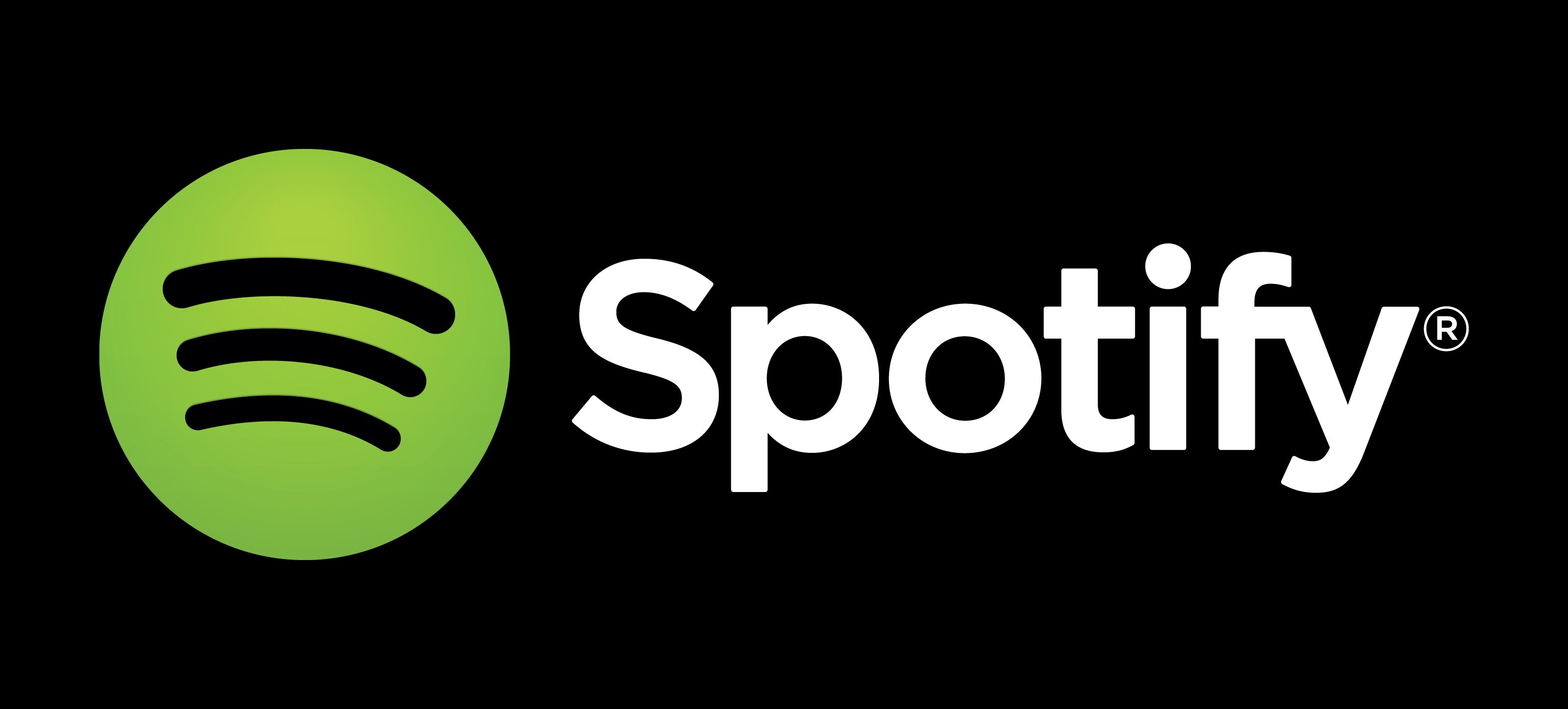
Correspondent (Music)
Spotify has changed the way that music lovers around the world enjoy and share music. With a growing number of users, Spotify’s practices have recently come into the public interest. A few months ago, Spotify posted an article on their website about their business model, “the Spotify method” and also released the average payout for rights holders. After the post, major backlash occurred from both musicians and the media.
Radiohead singer Thom Yorke took some of his music off Spotify in protest and also used Twitter to voice his opinion. On July 14 of last year he tweeted, “Make no mistake new artists you discover on #Spotify will no[t] get paid. Meanwhile shareholders will shortly being rolling in it. Simples.”
So what is the Spotify model, and what’s the big fuss?
The U.S. Spotify Spokesmen Graham James addressed this question over the phone. He claims that Spotify was created to combat piracy, with social media at the business’ core. According to Spotify, the key to its success is attracting customers with a free membership and then converting them into premium users. For $9.99 a month, Premium users get benefits such as ad-free listening, and offline mode, which allows access to playlists without web connection.
Although much of their revenue comes from the adverts that are played in the free tier, Spotify claims that their premium users spend double on music using Spotify than they do with the company’s competitors. So, why would the average American want to hand over an extra $65.00 per month for music?
Maybe it’s that extra amount of phone memory which is now used for selfie pics that would previously have been taken by music. But Graham James believes it’s what the consumer’s been waiting for: “If you give somebody a free service, all the music they want for free, and you find a way to monetize that and make sure rights holders get compensated, that’s basically what Spotify became.”
Premium users just get more bang for their buck and rights holders get a piece of the pie too. The Spotify website states,“We have succeeded in growing revenues for artists and labels in every country where we operate, and have now paid out over $1 billion (USD) in royalties to date, $500 million of which we paid in 2013 alone.”
$1 billion (USD) may seem like a lot to the average person, but when compared with the average rate paid of 0.006 – 0.0084 cents per stream of a song, it would seem that the artist’s piece of the pie is cut short.
Payment depends on what country the song is streamed in, the country’s currency value, the number of paid users and the artist’s royalty rate. According to James, royalty rates are determined by music labels and Spotify doesn’t control how much of that is given to the individual artist: “We pay close to 70% of our total revenue back to rights holders. Those rights holders have separate agreements with the artist that creates or performs the music, and then they pay the artists out of that.”
With profits slowly trickling down to artists one starts to wonder whose interests are Spotify and rights holders looking out for; the artists’ or their own?
That question is up for debate. However, Spotify plans on development, and they believe that growth will bring bigger benefits for all. More music and products for listeners and more money for rights holders.
The best advice James can give artists is know your business: “Spotify is one piece of the revenue puzzle. Artists can have multiple touch points with their fans across any type of media. Artists can take advantage of that and make themselves really successful.”
-
Image Courtesy: Spotify, Released into the public domain | Wiki Commons.
Latest posts by Breona Carroll (see all)
- The Spotify Trend: Who Gets the Payout? - January 19, 2014
- The Forecast for 2014 Fashion - January 19, 2014




No comments
Be the first one to leave a comment.